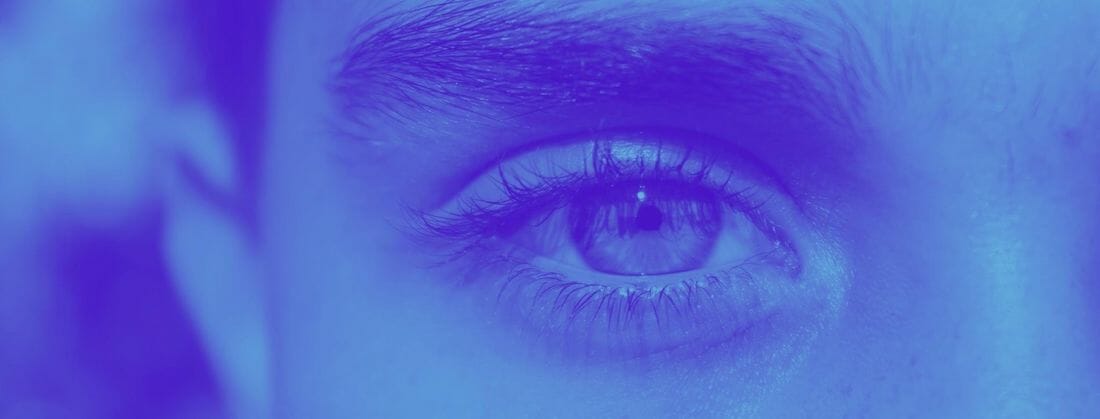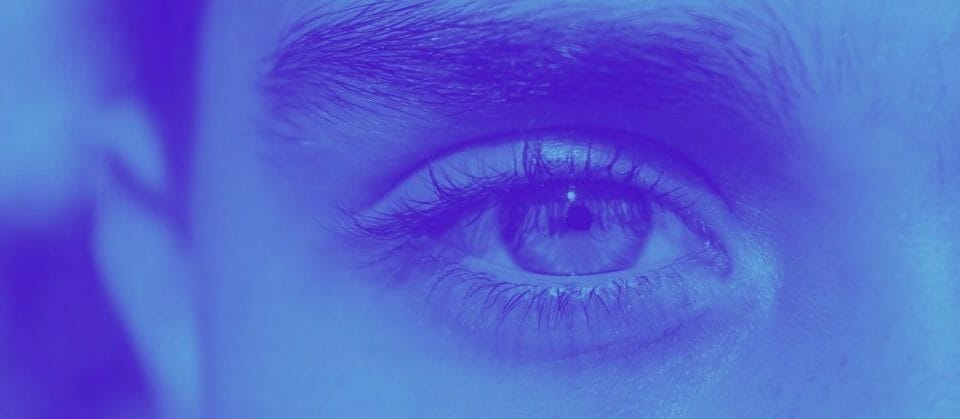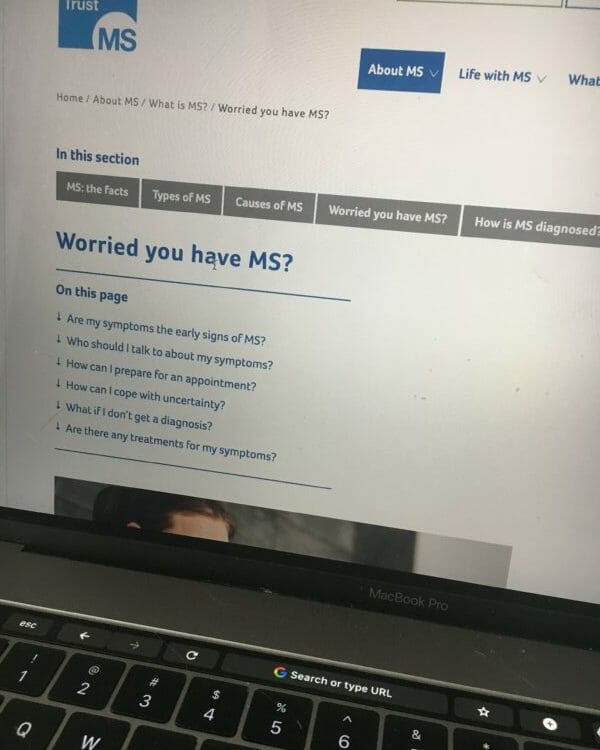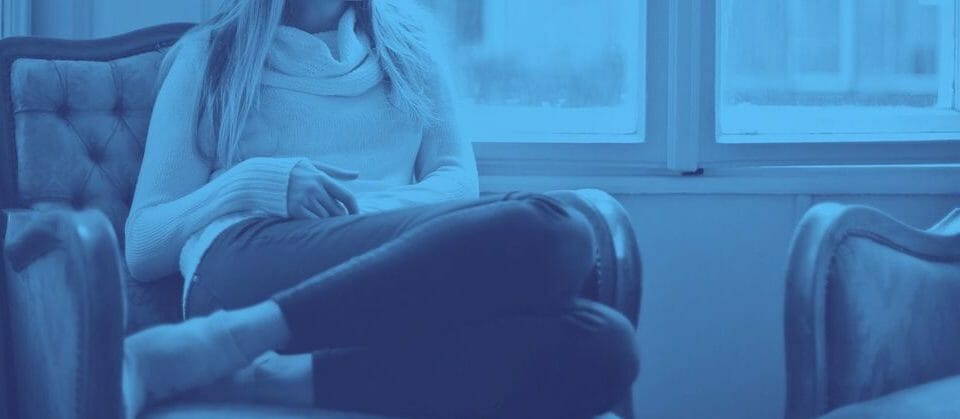
What’s a Social Anxiety Disorder?
July 30, 2019
Is counseling helpful?
May 23, 2022Uncomfortable Healing

Uncomfortable Healing and Counseling
Mental health skills are often paradoxical, which means that opposite concepts are often real at the same time. There are times when you should stay in bed and get extra rest, and times when getting too much sleep will negatively impact your mental health.
Let’s look at two seemingly self-contradictory concepts, uncomfortable healing, and comfortable healing.
There are times when we benefit from effortless healing, and there are times when we benefit from doing tough, hard things.
Comfortable Healing
People often refer to this path of healing as intuitive, guided, and natural. It’s a self-nurturing, self-loving monologue about finding the best way and solution for your well-being. Because, some days, merely navigating daily life is enough of a challenge. And we’re all just doing the best we can. Clearing your head and listening to your inner wisdom, is deeply healing.
Often, this wisdom comes from being relatively comfortable in general. You have all your basic needs met, and you feel supported. You can be in your flow and move with the rhythm of an inner compass. Self-awareness is required with this growth and healing path. Without it, it’s a slippery slope into denial and avoidance. But if you’re thinking is clear, and you’re connected to your intuition, choices and action come more efficiently and with less effort.
I liken comfortable healing instead of forcing yourself to swim against the current- you can turn over, float and release. Relaxing your body into the universe, which holds and guides you if you can only let uncertainty take over at the right moment. You can feel gravity and your resiliency. Things become clear and straightforward.
Uncomfortable Healing
Uncomfortable healing is the type of healing required when something in your life or body has given way. It can no longer hold up, and an unhealthy pattern (or the environment) has shifted so much that you’re forced to adapt!
Or, you want something so badly, and you don’t have the skill set to get it. You know that you want it, but it’s going to take an uncomfortable amount of effort to position yourself well.
The path of uncomfortable healing is fully rooted in your goals, values, and quality of life. Think of weakening and strengthening a muscle. Or preparing for a job interview. Or attending a social event to make friends. The self is uncomfortable and then regains comfort.
Sometimes we’re forced down this path, and during the painful or uncomfortable period, we question the outcome, try to turn back, or get angry at the situation.
It’s normal to have strong emotional feelings during times of growth. These emotional expressions are often uncomfortable. Feelings like fear, dislike, displeasure, confusion, jealousy, shame, and frustration are common.
When we practice uncomfortable healing, metaphorically, this is like being lost in the woods. Wondering in the woods is fine until you notice you’re wasting all your energy walking in circles or not getting what you need to thrive. Asking for help, trusting others, or taking a path that requires you to climb mountains – well – none of it is comfortable.
We’re always practicing uncomfortable healing with intention. Think of it this way. You’re damn off course. You know it. And if you can take the time to notice your BS or pain, you can find the way out or hire a trusted guide to lead you out.
Counseling is Comfortable and Uncomfortable
In the counseling and therapy process, we do both uncomfortable and comfortable healing. We find the places where you can embrace your flow and glide easier through life. There are times that we’re just working too hard to make something that doesn’t work… well, work.
Therapy is often the process of letting go and finding peaceful awareness.
Therapy is also the process of getting uncomfortable and exposing yourself to living outside (of the inner world) of an anxiety disorder.
It’s at these moments of effort and challenge, uncomfortable growth is waiting for you. Oddly, when it’s time to grow, on a deeper level, you’ll notice the discomfort. It will be all around you. That is when getting help becomes easier than staying lost in the woods.
It’s also important to note. If you live in a world where you’re protected from uncomfortable growth and healing – leave it – as it can contribute to an anxiety condition, even depression. To thrive as a fully evolved beings, we must adapt to both intuition and effort outside of our comfort zone.
If we can embrace both practices, we see nothing is opposing after all—both comfortable and uncomfortable healing – are needed for mental health.




